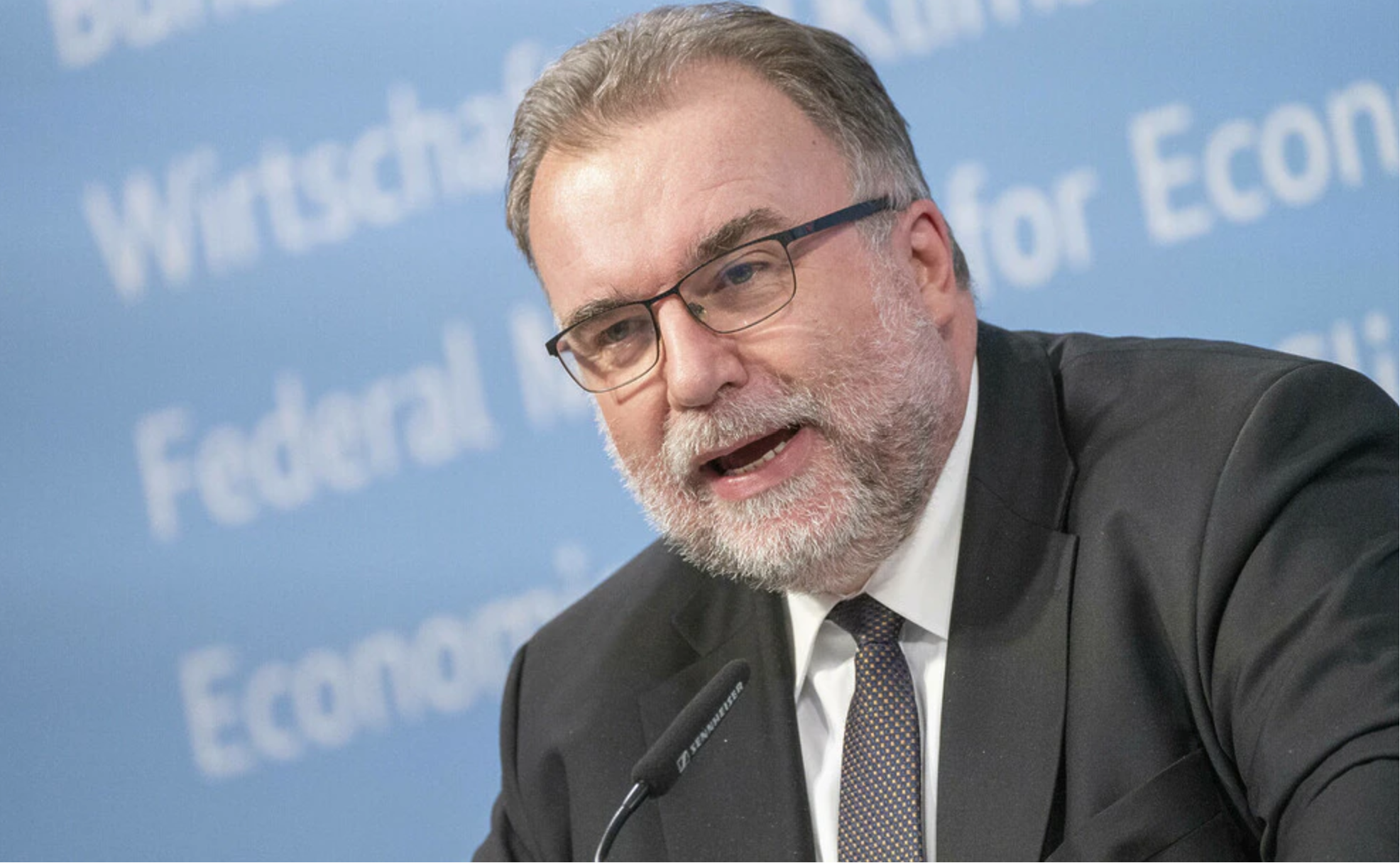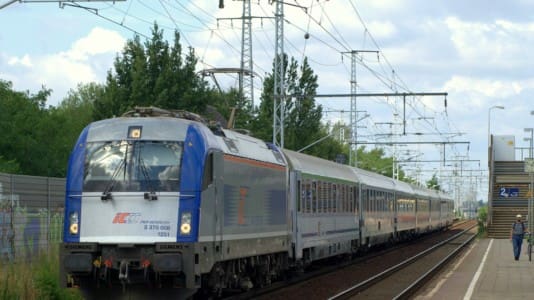The German economy will stagnate for as long as the federal government remains obsessed with the green energy transition and wedded to bureaucracy, the Federation of German Industries (BDI) President Siegfried Russwurm has claimed.
In an interview with the German newspaper Die Welt, Russwurm criticized the economic policy of the liberal federal coalition government, which has presided over a dramatic fall in Germany’s global economic standing and pushed ahead with the closure of nuclear power plants at a time when energy prices remain high and other European nations have boosted their nuclear energy production.
“Just look at the hard facts, the statistical data from the economists: Germany is now often at the bottom of the rankings in a global economic comparison. This must alarm us as an industrial and exporting country,” said the head of German industry’s leading organization. “It’s about the framework. And this is set by politics and the state. And a lot of things are no longer correct.”
Russwurm highlighted the EU Green Deal, supported by the German government and which made the goal of reaching climate neutrality by 2050 legally binding, as a key problem facing businesses operating in Germany and across wider Europe. Comparing it to the U.S. Inflation Reduction Act, which he said sought to make green energy cheaper, Europe instead opted to make fossil energy more expensive, a move that has made “a huge difference in the effect on production costs and thus the global competitiveness of companies.”
“We have to be honest about what CO₂-free energy will cost in the long term – not just wind and solar power, but including the necessary backup capacities when the sun and wind are not delivering,” he added.
Russwurm highlighted that in order for Germany to meet its crippling green energy targets, the country needs to build hydrogen-fueled gas power plants that are carbon-free. He added that the government needs to build “at least 50 power plants,” but said that “not one is under construction yet.”
“Massive investments in grids are required for power distribution – all of this parallel to the expansion of wind and solar capacity many times over. It’s high time to draw a line under it and communicate what our path to decarbonization will ultimately cost. I expect this transparency from politicians,” Russwurm said.
The BDI president insisted that “innovation is our strongest tool and one that we have always mastered really well in Germany,” but warned that this is being stifled by high levels of bureaucracy, which is keeping foreign investment away.
In another interview published on the Merkur news site, Russwurm claimed that Germany’s current economic recession has been “self-made,” as the country has “burdened itself with too many obstacles.”
“The biggest problem is that we have gotten ourselves wrapped up in a knot of bureaucracy, regulation, and oversight that is overwhelming and making us far too slow, he said.
“If we focus on innovation, and we have to, then it can’t stay that way. Innovation always has something to do with progress, with speed. There is a massive lack of that.”
He warned that Europe has become “way too bureaucratic” and that what has developed over recent times at every level of government “is far too complicated and crippling” for industry.
“Every single company is faced with enormous bureaucratic requirements. Nobody doubts the good intentions. But the required full documentation is absolutely excessive. If it were applied to private life, it would mean that drivers, for example, would have to actively report every parking transaction to an authority: when, where, and how. Does that sound absurd? Yes. But this is exactly how this law works today,” he said.
“There is endless bureaucracy: in the companies due to the exorbitant reporting requirements and in the authorities that evaluate these reports. The result is a complete disproportion between effort and added value,” he added.
When asked about the federal government’s response to his concerns, Russwurm insisted that “there is no knowledge deficit” but a lack of “courage to break outdated rules.”
“Without innovations, we lose our competitiveness. We urgently need a more opportunity-oriented attitude to innovation. It’s not about ignoring risks, it’s about enabling opportunities,” he added.
Germany entered into a technical recession earlier this year after reporting two consecutive quarters of contraction, a drop of 0.5 percent followed by a 0.3 percent decline.
Opposition leader Freidrich Merz, whose CDU party currently tops the national polls, told the German newspaper Bild am Sonntag that he agreed green policies and bureaucracy had been a driving factor in the country’s fading fortunes.
“Unfortunately, 2023 will be a year of recession,” Merz said, warning that “if the insane amount of bureaucracy isn’t stopped soon, if energy prices don’t fall quickly, then 2024 won’t be a good year either.”
The German Economic Institute expects GDP in the country to fall by up to 0.5 percent by the end of the year, which will see its economic performance slide back to the level it was at in 2019.
It cited high interest rates, expensive energy, and weak exports as the main factors for the current economic paralysis.






